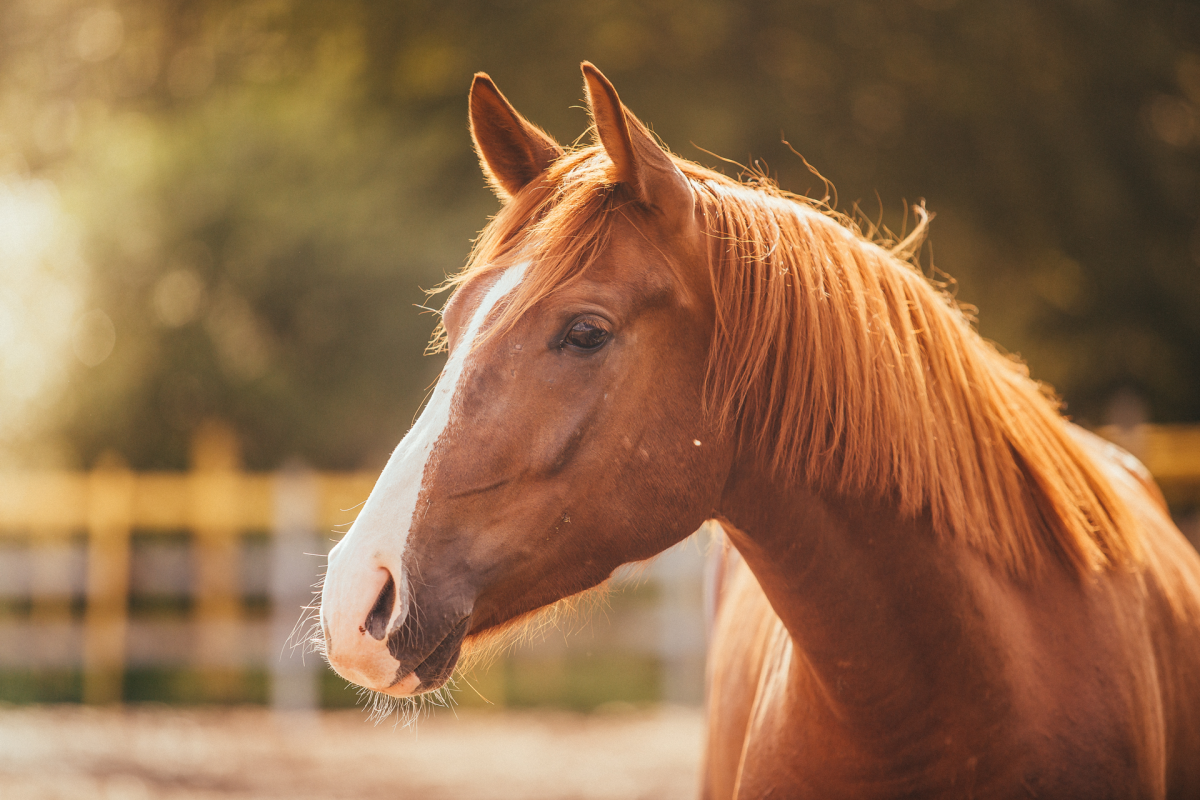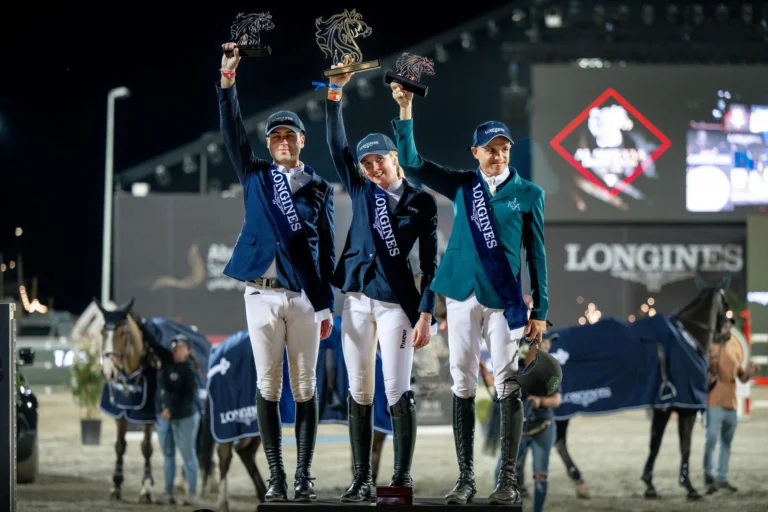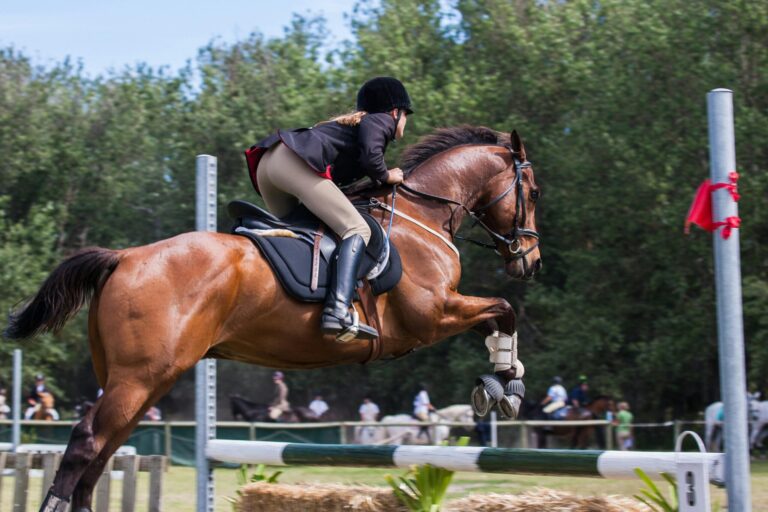Shortly after the purchase of a horse by a well-known Dutch dressage rider, it was clear that the horse was suffering from ‘ataxia’. The ataxia was not established during a very extensive pre-purchase examination. How is this possible? Our client addressed the laboratory to test the blood taken from the horse during the pre-purchase examination: ‘lidocaine’ was found.
A discussion arose: whether the blood was collected and stored in accordance with the rules or not. There was no B-sample present anymore: could the seller hold this against our client. Interesting detail: the seller has never asked for a B-sample in the past, not even after he was confronted with the test results by our client. (Unfortunately) both the District Court and the Court of Appeal left their judgment on this point open.
The District Court has unjustly rejected the client’s claim: it could be that the horse was unsuitable for dressage as a result of ‘ataxia’, consequently, the purchased horse is not considered to be bought as a dressage sport horse, but as a ‘normal’ horse. We did not agree: a considerable amount was paid, our client rode the horse with a dressage saddle in a dressage box, and the horse had a (minor) competition history as dressage horse. Not at least, our client is a well-known Dutch dressage rider. The other party – a well-known person in the horse world – cannot and must not pretend that he does not know anything about this.
The Court of Appeal made short work of the District Court’s judgment: on the basis of the aforementioned arguments, the client could expect a horse suitable for dressage.
According to the client’s vet, ‘ataxia’ was caused by a remark already present at the time of delivery. And presumably the clinical symptoms were hidden during the try-out and purchase inspection by the administration of ‘lidocaine’. Furthermore, the clinical manifestations of ‘ataxia’ can differ from day to day, which does not alter the fact that the horse is not suitable for (higher) dressage sport.
The buyer has not sufficiently contested the report of the vet, which is why the Court of Appeal ruled that the horse does not comply with the agreement as a result of the presence of ‘ataxia’. The Court of Appeal is currently still considering the reimbursement of the substantial costs incurred by the client in respect of the horse in all those years. After repayment of the purchase price, the seller will have to take back the horse.
Client was assisted by Amanda Brouwers, Vincent Zitman & Luc Schelstraete.


